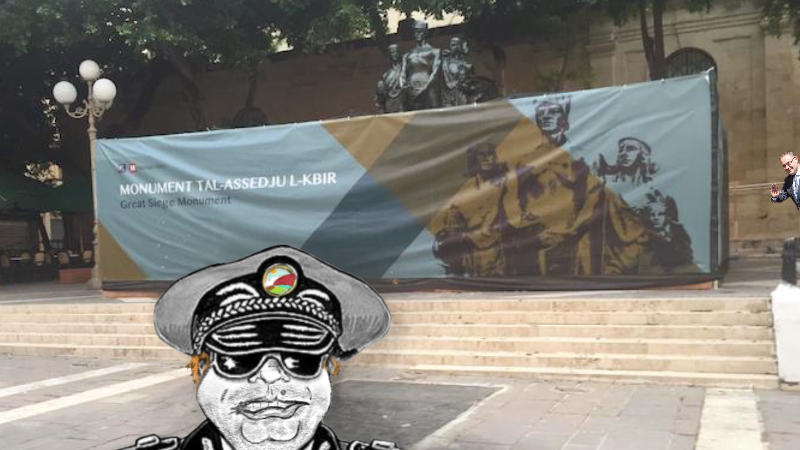As a leader, once you’ve come to power, rewarded your supporters and sourced your revenue, you still have a population to contend with, irrespective of whether you rely on a small or a large group of supporters.
Autocratic leaders feed a vicious cycle. They need to balance the country’s resources: keeping their small group of supporters happy and keeping the rest of the population fit enough to produce the wealth for those key supporters.
The situation is entirely different for those leaders operating in a democracy because leaders who depend on a large number of supporters need to ensure that there are enough public benefits to provide a high quality of life (or a perceived high quality of life) for everyone and not just for the workforce.
In democratic countries, a leader will survive if the material public goods come in many different forms depending on the tastes of the leader’s supporters.
Different political supporters will have different policies in mind. Some will want to spend more on social welfare, others on education, others on the arts, and so on. These are all material benefits and it is also true that many of the world’s rich countries follow a democratic model.
Yet, and this fact is crucial, economic growth does not necessarily translate into democratic ideals.
Think of oil rich Saudi Arabia, or diamond rich Congo or gas rich Russia. How democratic are they? In fact, the authors, Bruce Bueno de Mesquita and Alastair Smith are interested in other sets of core public benefits; ones which are relatively cheap but are fast becoming the ultimate luxury public goods and these are – hold onto your hats – a free press, free speech and freedom of assembly.
Our very own government has quickly realised that as long as you keep the people fat and content they will be less inclined to revolt, no matter what you and your cronies do
A common idea among dictators (and economists for that matter) is that the best way to promote the luxuries enjoyed in a liberal democracy is by first promoting prosperity. Take China, for example. Experts predicted that its fast economic growth would swiftly lead to democratisation. Thirty years later we are still waiting.
Prosperity is now being used by some countries, including Malta, to justify less democratic behaviour. Our very own government has quickly realised that as long as you keep the people fat and content they will be less inclined to revolt, no matter what you and your cronies do.
Some of the richest people in the world live in very small countries (Iceland and Luxembourg). Others live in countries with vast populations (USA, Japan). Some of the wealthiest populations live in religiously homogeneous societies (Denmark) or in a diverse religious society (UK). Some countries were imperial colonies (Canada), others imperial powers (France).
The one thing these countries have in common is not their geography, size, religion or history. It is that they are liberal democracies; that is societies that enjoy the rule of law, with a transparent and accountable government, a free press, and freedom of assembly. They are places that foster rather than suppress or obstruct political competition.
Either way you look at it, and whichever way government apologists and opportunists try to spin it, never have these precious and fragile “freedoms” been more under threat in Europe and in Malta than they are today.
Read more in the series: The Dictator’s Handbook
Source: ‘The Dictator’s Handbook: Why bad behaviour is Almost Always Good Politics‘ by Bueno de Mesquita and Alastair Smith.












